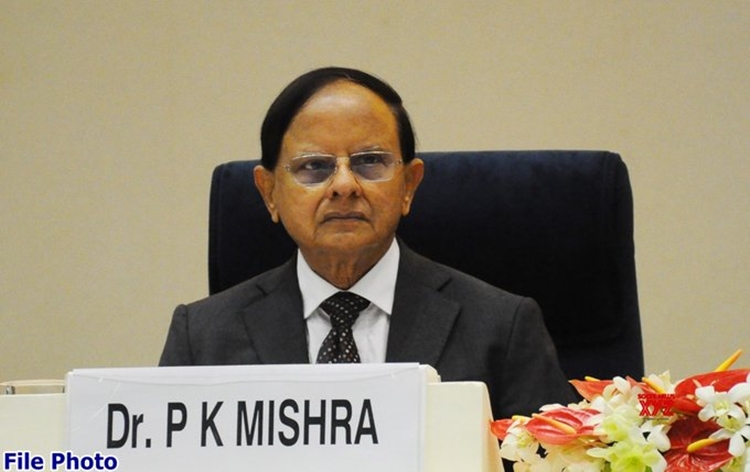Dr. P. K. Mishra, Principal Secretary to the Prime Minister, chaired a High-Level Task Force meeting at the Prime Minister’s Office (PMO) today to review preparations for managing air quality in Delhi-NCR ahead of the winter season.
The meeting examined various measures to reduce pollution from key sources, including paddy stubble burning, vehicular emissions, construction dust, solid waste, and diesel generator use. Dr. Mishra stressed the importance of implementing the Graded Response Action Plan (GRAP) by all agencies to address the anticipated increase in pollution during the colder months.
Rajesh Verma, Chairman of the Commission for Air Quality Management (CAQM), provided an update on expected paddy straw production. Punjab is set to generate 19.52 million tonnes, while Haryana will produce 8.10 million tonnes. Both states are taking steps to control stubble burning. Punjab aims to manage 11.5 million tonnes of its straw through in-situ methods, with the remainder handled through ex-situ approaches. Similarly, Haryana will address 3.3 million tonnes in-situ, with the rest managed ex-situ. Punjab will deploy over 1.50 lakh crop residue management (CRM) machines, supported by 24,736 Custom Hiring Centres (CHCs), and Haryana will use 90,945 CRM machines backed by 6,794 CHCs.
Furthermore, two million tonnes of paddy straw will be utilized as co-firing material in 11 thermal power plants across NCR. The meeting emphasized the importance of monitoring these plants to meet co-firing targets, with penalties for any non-compliance.
CAQM reported that gas infrastructure is now in place in 220 out of 240 industrial areas in the NCR, with the remaining areas expected to be connected soon. Dust from construction and demolition (C&D) activities is being tracked through a web portal, where projects over 500 square meters are required to register.
Dr. Mishra instructed the Chief Secretaries of Punjab, Haryana, and Uttar Pradesh to ensure action plans for eliminating stubble burning are followed. He encouraged the full use of CRM machines and improvements in the ex-situ supply chain. Support for small industries involved in briquetting and pelletizing paddy straw was also discussed to promote its economic use. Enforcement actions, with penalties for violations, were also noted.
He further urged the NCR states to expand e-Bus services under the PM eBus Sewa Scheme, which aims to introduce 10,000 e-Buses nationwide. The scheme offers an opportunity for states and Union Territories to enhance their public transport systems.
The “Ek Ped Maa Ke Naam” tree-planting initiative was also discussed, with a suggestion to integrate it into city greening programs.
On firecracker pollution, state governments and law enforcement were urged to strictly enforce existing bans and restrictions. The Ministry of Petroleum and Natural Gas was also requested to expedite biomass collection and the construction of compressed biogas (CBG) plants.




















